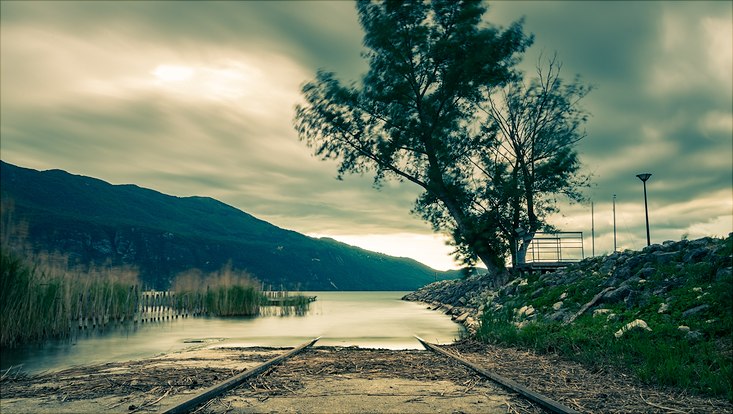Society Research
CSS Lecture Series "After Sustainability"Lecture by Prof. Steven Yearley, 2nd November, 06:15 PMDecarbonisation, Brexit and the “Foundation Industries”: How to make stuff like aluminium, glass and steel in a Net-Zero-oriented nation
26 September 2022, by CSS

Photo: unsplash
We are very pleased to announce that Prof. Steven Yearley (Professor of the Sociology of Scientific Knowledge, The University of Edinburgh) will contribute to our Lecture Series with a talk dealing with "Decarbonisation, Brexit and the “Foundation Industries”: how to make stuff like aluminium, glass and steel in a Net-Zero-oriented nation".
When: Wednesday, November 2nd, 6:15 PM (Berlin time)
Where: Bundesstraße 53, Room 22/23, 20146 Hamburg. The event will simultaneously be streames via Zoom Webinar. For the Zoom-Link, please register via css.wiso"AT"uni-hamburg.de to receive the dial-in link.
The talk and the Q&A will be in English.
Abstract:
This lecture reports on research being conducted as part of the UK’s TransFIRe Hub.
TransFIRe is about the meeting point of two huge challenges and transformations confronting UK industry, particularly the so-called Foundation Industries – the industries that produce the material from which other products are made (for example, metals, glass and ceramics). Ordinary people are seldom customers for foundation-industry products, but they (we) buy the things made from Foundation Industries outputs.
The first challenge is Brexit; the second challenge is how to meet obligations towards decarbonisation and net-zero emissions.
In this talk, Steven Yearley, Professor of the Sociology of Scientific Knowledge, will draw on policy analyses and two industry case studies to investigate how the future of Foundation Industries is being shaped, and imagined or ignored in the UK. Though this research is focused on the UK, the talk will conclude with a consideration of parallels in comparable EU member states.
You can find the poster for the talk here [pdf].
You can find more up to date information on the lecture series here.
"After Sustainability. What if we stopped pretending?"
A CSS Lecture Series
Fifty years after the Stockholm conference on the Human Environment ushered the creation of environmental ministries around the world, thirty years after the Rio Earth summit gave birth to international conventions on climate change, biodiversity and desertification, environmental policy and its associated language of preservation and precaution has failed (Biermann et al. 2019). It failed to formulate an adequate political diagnosis of the multiple crises societies face in the Anthropocene (Bonneuil& Fressoz2016). It also failed to deliver on the measures needed to limit global warming or biodiversity loss to non-dangerous levels, or to buy enough time for an orderly, smooth transition to an ecologically viable future. The sustainability paradigm has become obsolete, because it is too late for sustainability.
This is the starting point for the lecture series. Over the next year, we will explore different aspects of this theme, together with a series of distinguished guest speakers. The aim is to disorient and disenchant current ecological debates and go beyond techno-and marketfixesor highly uncertain technological gambles. Instead, we will point dilemmas and contradictions in discussions on decarbonisationand green growth, and center instead on the day-to-day practices of unsustainability in economic policies, infrastructure planning, consumption patterns and global financial markets. On this basis, we wish to engage a discussion on how to re-build and reassemble a horizon for contemporary ecological thinking. Starting from an honest assessment of the current situation and our ecological entanglements, what would a possible way forward look like? How can ecological thinking be at the same time critical and empowering, to support a politics of transformation that is not rooted in magical thinking?
You can find recordings of past lectures on the CSS Youtube Channel.


